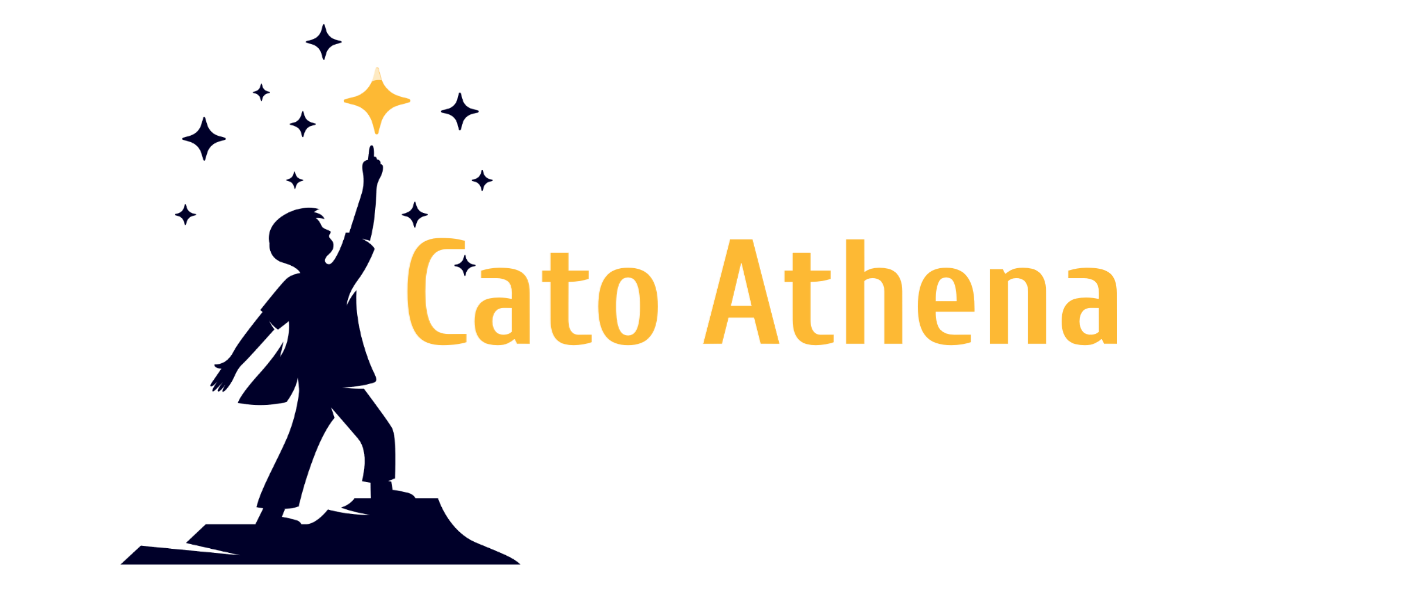Benutzer Diskussion:Medico int/medico en
Medico is an aid agency and human rights agency seated in Frankfurt a. M. (Germany). Its aim is to achieve the human right to health globally. Therefore medico works with partners from Africa, Asia, Latin America and the Middle East. Together with its partners medico provides help during catastrophes and supports long-term partners. Medico international lays its focus on health supply, human rights, psychosocial work and migration. Secondly medico emphasises a critical public and educational work, where it engages in debates as well as campaigning. Medico puts the sources of poverty and conflicts into focus and not only to support in the management of the consequences. This idea is reflected within its several publications -- like the quarterly ‘rundschreiben’, which is available in german – public lectures and campaigns.
Structure
[Quelltext bearbeiten]Medico international is an registered association with an voluntary board. The psychologist Thomas Gebauer is the managing director. The office is devided into the three sections: public work, project monitoring and administration. Around 40 people work at the office in Frankfurt. Further medico helds the offices abroad: one in Israel/Palestine, one in Middle America and one in Algeria. [1] The most famous employee is the philosopher Thomas Seibert. [2] [3] [4] [5] [6] Founded in 2004 medico international grounded the foundation medico international. It mainly supports medico international with its earnings as well as engages itself within debates. Examples are the organization of congresses and symposia. Famous members of the board of trustees are the german cabaret artist Georg Schramm as well as the former hessian minister Rupert von Plottnitz. Former members were the Psychoanalysts Paul Parin and Margarete Mitscherlich-Nielsen [7].
History
[Quelltext bearbeiten]Medico international was founded with the name ‘medico action’ in 1968. It started with a the aim to collect medication for Biafra and delegated staff and trucks to devastated areas. Due to those experiences medico reflected and changed its strategy fundamentally. Discussions came to the conclusion, that for improving the situation long term the sources for poverty and catastrophes must be taken into consideration. Since then medico refrains from sending medical supply or personal from abroad short term but tries to support local initiatives, capacities and specialists. Long term projects came into the centre of medicos work. In 1970s medico focussed on Primary Health Care and a community centred health support because of the stranding of a big health centre in cooperation with the government of Mali in 1973. [8] A central perspective of this approach is the impossibility to achieve global health care of everyone by centrally monitored projects from governments. Furthermore everyone concerned needs to take place in this process.
- ↑ medico Jahresbericht 2014.
- ↑ http://attac-netzwerk.de/index.php?id=1419
- ↑ https://www.solidarische-moderne.de/de/article/22.dr-thomas-seibert.html
- ↑ http://www.linksnet.de/de/autorin/seibert_thomas
- ↑ http://www.taz.de/!145709/
- ↑ http://www.avanti-projekt.de/avanti/radikale-linke-und-solidarische-moderne
- ↑ http://www.frankfurt.de/sixcms/detail.php?id=771547&_ffmpar
- ↑ Aus dem medico-Rundschreiben 01/2008.
